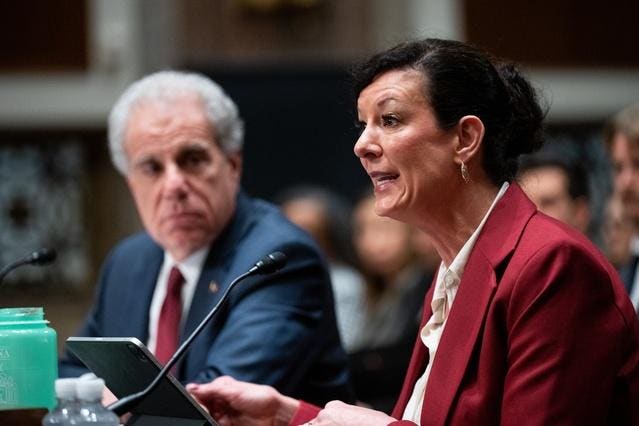The Coronavirus Aid, Relief, and Economic Security Act (CARES Act) passed by Congress in March 2020 allowed individuals in federal correctional facilities to serve their sentence in home confinement earlier than they would have been eligible for without the act. The Federal Bureau of Prisons (BOP) has a program that allows inmates of all security levels to transition back into society, with about 90% of those in federal custody eventually being released. The BOP has now completed a study on the inmates transferred to home confinement under the CARES Act, showing encouraging results that suggest no negative impact on recidivism rates.
Home confinement has been part of an individual’s prison term for decades, with inmates also able to receive credits to reduce their prison terms such as Good Conduct Time and credits from participating in programming under the First Step Act. The BOP has policies in place to move more Minimum and Low security inmates back into society sooner, including the ability to place individuals on prerelease custody for up to a year of their sentence. The scarcity of halfway house space has been a recent issue for the BOP, leaving many inmates in institutional prisons longer than necessary, despite the potential to earn credits toward additional home confinement under the First Step Act.
The study conducted by the BOP on the inmates transferred to home confinement under the CARES Act found that it did not have a negative impact on recidivism rates, with individuals with a CARES assignment failing no more or less than comparable persons in home confinement. Cost savings are also a significant benefit of home confinement, with the average cost of an inmate in home confinement being less than half of the cost of an inmate in secure custody. The BOP plans to utilize the information from this study and others on home confinement to further reduce overcrowding in prisons and potentially save more costs for taxpayers.
The BOP’s success in utilizing home confinement under the CARES Act should encourage the agency to further implement policies that can help inmates transition back into society faster. The study suggests that reducing incarceration for appropriate individuals through measures like early and extended home confinement can contribute to successful reintegration into society without compromising public safety. The BOP’s ability to effectively use home confinement as an alternative to mass incarceration could lead to positive outcomes for both inmates and taxpayers.


